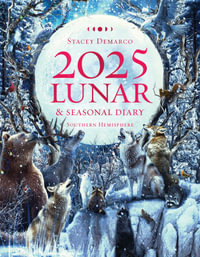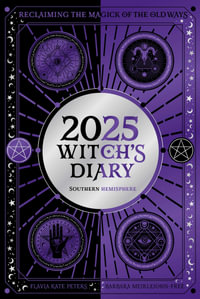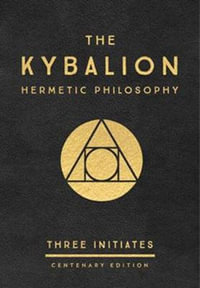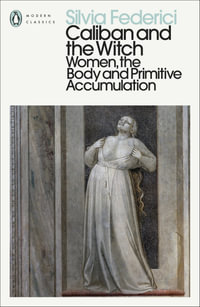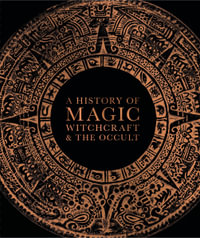Yoga, karma, meditation, guru&;these terms, once obscure, are now a part of the American lexicon. Combining Hinduism with Western concepts and values, a new hybrid form of religion has developed in the United States over the past century. In Transcendent in America, Lola Williamson traces the history of various Hindu-inspired movements in America, and argues that together they constitute a discrete category of religious practice, a distinct and identifiable form of new religion.
Williamson provides an overview of the emergence of these movements through examining exchanges between Indian Hindus and American intellectuals such as Thomas Jefferson and Ralph Waldo Emerson, and illuminates how Protestant traditions of inner experience paved the way for Hindu-style movements&; acceptance in the West.
Williamson focuses on three movements&;Self-Realization Fellowship, Transcendental Meditation, and Siddha Yoga&;as representative of the larger of phenomenon of Hindu-inspired meditation movements. She provides a window into the beliefs and practices of followers of these movements by offering concrete examples from their words and experiences that shed light on their world view, lifestyle, and relationship with their gurus. Drawing on scholarly research, numerous interviews, and decades of personal experience with Hindu-style practices, Williamson makes a convincing case that Hindu-inspired meditation movements are distinct from both immigrant Hinduism and other forms of Asian-influenced or &;New Age&; groups.
Industry Reviews
Overall, this book presents a thorough illustration of guru-following as a 'non-institutional institution' (85), and convincingly articulates the phenomenon of HIMMs [Hindu-Inspired Meditation Movements] as a valuable category within present studies of religion. Given its detailed exposition of the commonalities and differences amongst HIMMs, including the controversies surrounding each movement, this book is equally suited to scholars of religion as it is to adherents of contemporary spirituality interested in the practice of meditation. * International Journal for the Study of New Religions *
Highly recommended. * Choice *
The author explores the hybrid forms of spiritual practice that emerged in the West, especially in the United States, over the last century as a result of the encounter with Hinduism in its myriad forms. -- Frank J. Korom * Religious Studies Review *
In this highly readable study, Williamson not only places Hindu-inspired meditation movements within the larger picture of the historical context of American religion and culture, but also gives us an intimate glimpse into the motivations and experiences of long-time practitioners. Combining both insider and outsider perspectives, she provides a rich, balanced, and sympathetic account of these movements, while not shying away from the controversies they have generated. This book is a & must-read for those interested in both Indian spirituality and American pluralism. -- Kathleen M. Erndl,author of Victory to the Mother: The Hindu Goddess of Northwest India in Myth, Ritual, and Symbol
The author is to be commended for drawing serious attention to an understudied subset of Hindu-based missionary movements in the West. -- Phillip Charles Lucas * Religion *
Bringing together history and ethnographic interviews, Williamson argues that Hindu-inspired meditation movements are a distinct type of new religious movement, even if their followers and leaders may repeat the 'mantra' that they are 'spiritual but not religious.'" * Religion Watch *



